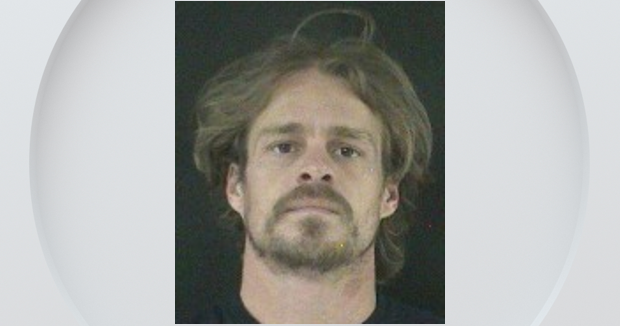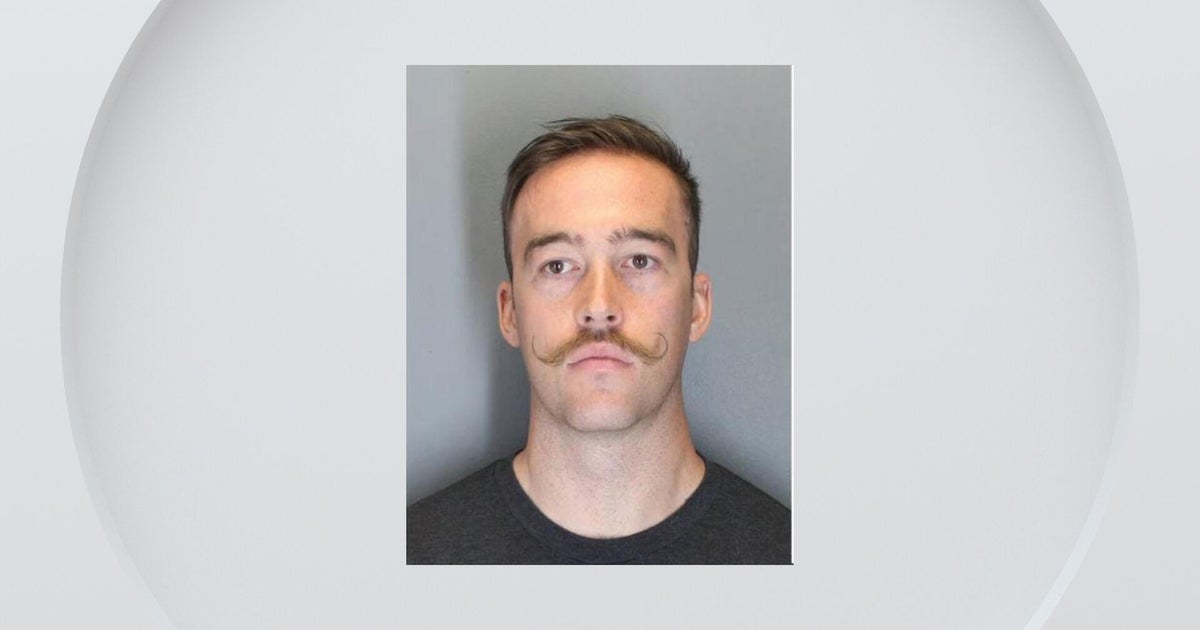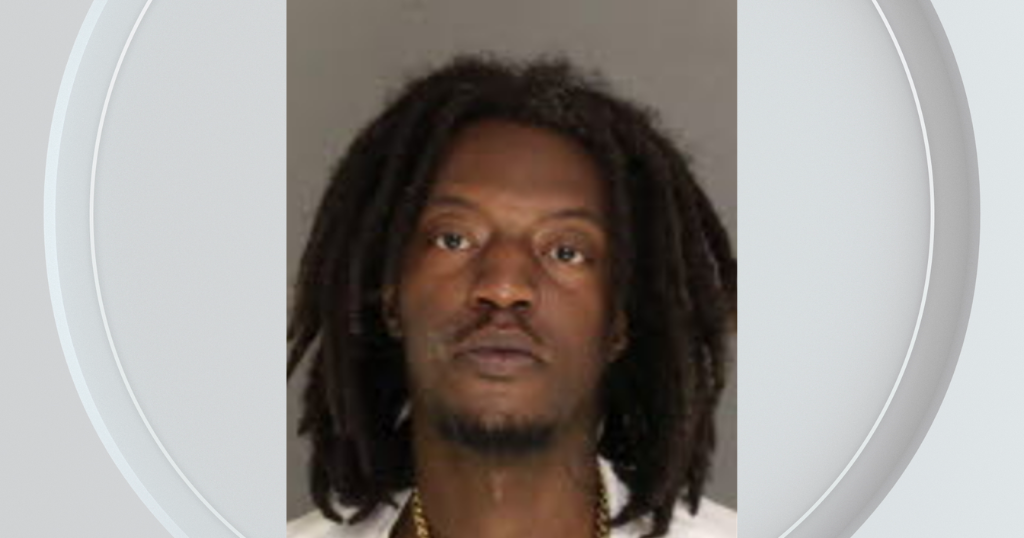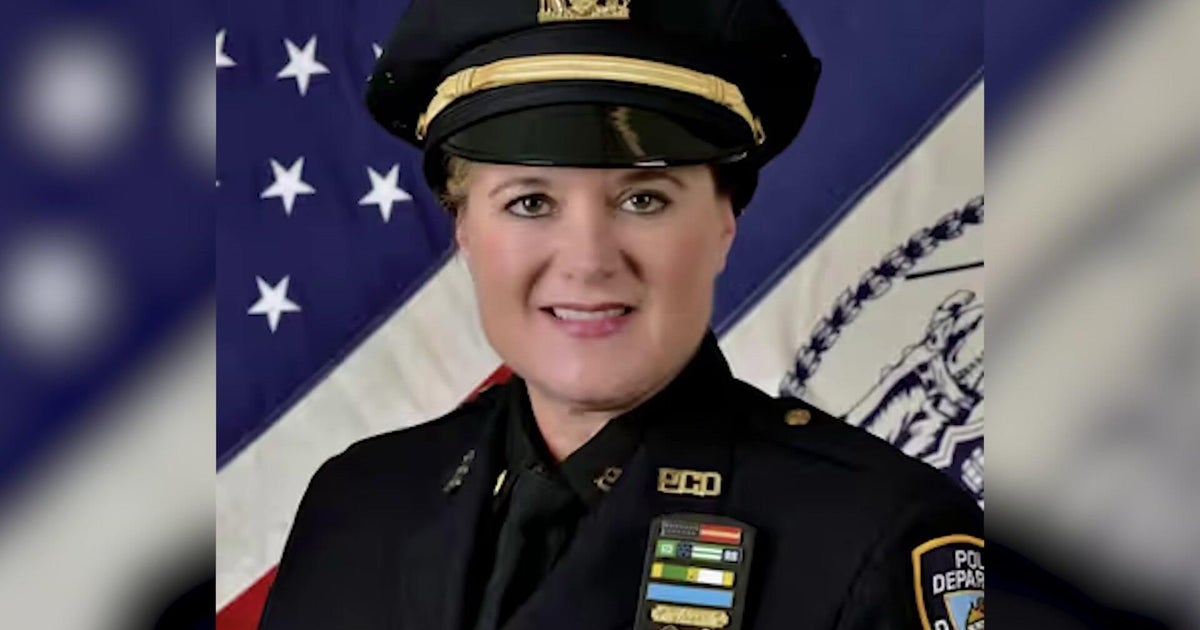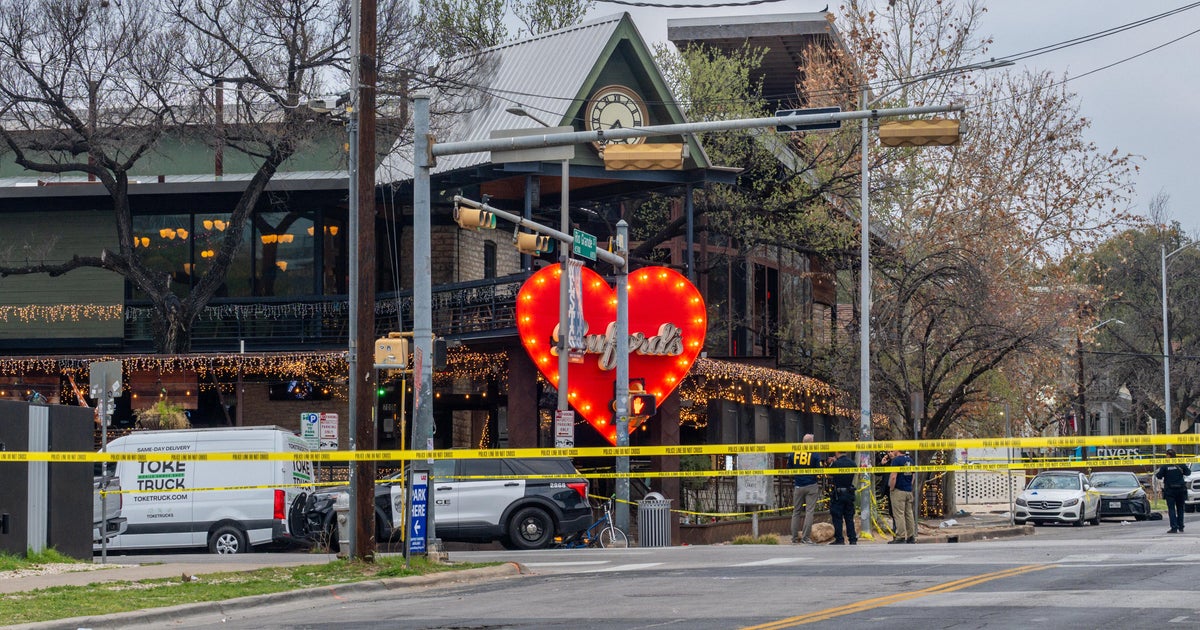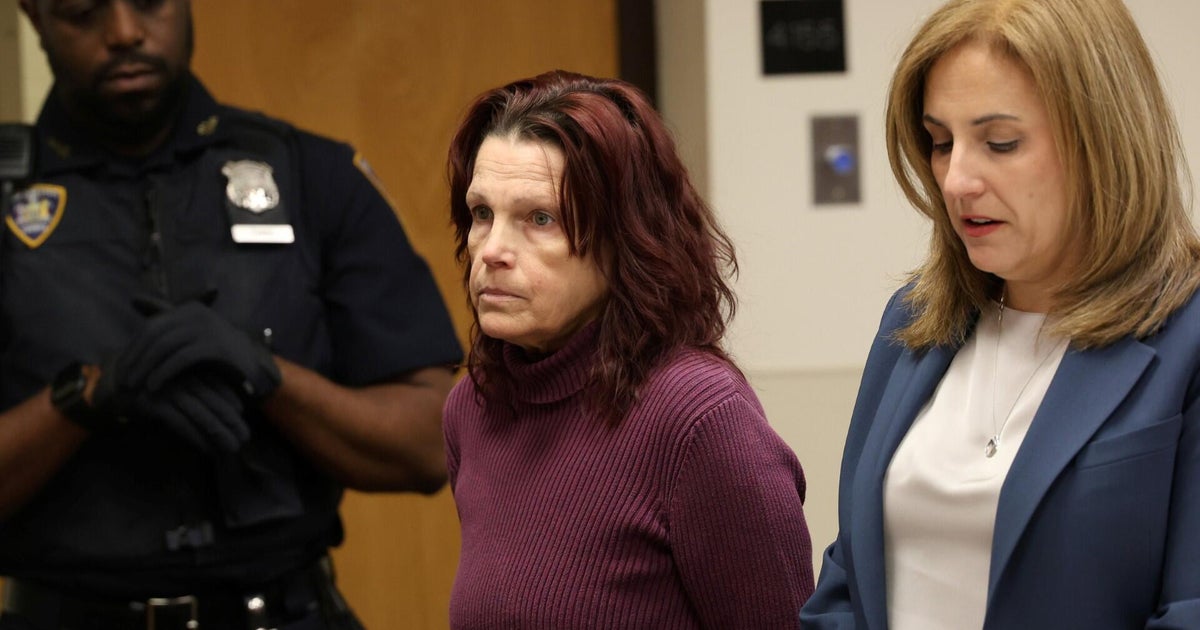Texas Judge Under Investigation For Allegedly Hiding Evidence
AUSTIN (AP/CBSDFW.COM) — A special investigation will be launched to determine if a former prosecutor who is now a judge hid evidence in a trial that sent a man wrongly convicted in his wife's murder to prison for nearly a quarter-century, Texas' chief justice ordered Thursday.
A proceeding known as a "court of inquiry" will determine whether Judge Ken Anderson, when he was a district attorney, failed to turn over all documents that would have supported the defendant's claims of innocence and whether Anderson tampered with evidence and court records, according to the order signed by Texas Supreme Court Chief Justice Wallace Jefferson.
Michael Morton, 57, spent 24 in prison before being freed in October after new DNA testing showed he didn't kill his wife, Christine, who was beaten to death in the couple's bed on Aug. 13, 1986.
Morton's attorneys accuse Anderson, the case's lead prosecutor, of keeping key facts from the defense, including statements from the couple's then-3-year-old son that he witnessed the murder and his father wasn't responsible; and that Christine Morton's credit card was used after her death. They say Anderson did not turn over all evidence police had collected, even after presiding judge William Lott explicitly ordered him to do so.
Morton, who claimed an intruder broke in and killed his wife after he left for work, was subsequently convicted on circumstantial evidence and sentenced to life in prison. Lott has since died.
Anderson has apologized to Morton for what he's called "failures in the system" but said he believes there was no misconduct in the case. Since 2002, he has been a judge in Williamson County, just north of Austin, where Morton was convicted. His attorney, Eric Nichols, says Anderson is looking forward to a court of inquiry to clear his name.
Courts of inquiry can be convened when legal officials and other public servants are accused of wrongdoing, and have the power to hear evidence and summon witnesses. It is similar to a grand jury proceeding, but Anderson will have the chance to defend himself against evidence presented. Morton's attorneys say they hope the process will eventually result in criminal charges against Anderson.
District Judge Louis Stums of Fort Worth was assigned to oversee the court if inquiry. Morton's Houston-based attorney, John Raley, said he expects Sturns to soon appoint a special prosecutor, but that there's no timetable for when he proceeding will begin.
"This is a historic moment for Texas justice," said Raley, who has spent years representing Morton pro-bono, said Thursday.
Jefferson's order came after a 138-page report prepared by Morton's attorneys outlined their allegations against Anderson. Texas District Judge Sid Harle read the report and heard arguments from both sides last week, before asking the Supreme Court for the investigation.
Harle wrote to the chief justice that "there is probable cause to believe" Anderson failed to provide the defense with key evidence at trial, "including several documents containing information highly favorable to the accused." He also accused Anderson of disobeying the order to turn over all police investigation notes and allowing the "misimpression" that he had complied with the order during the case, during the appeals process and during post-conviction arguments through last year.
That "raises a matter of serous public concern," Harle wrote, adding that the record from Morton's trial "contains evidence a public official may have committed serious misconduct."
The case accelerated after Morton's attorney teamed up with the Innocence Project, a New York nonprofit that specializes in using DNA evidence to overturn wrongful convictions, and spent years arguing for testing of a bloody bandana discovered near the Morton home.
Police originally believed the bandana was found far enough away from the crime scene that it wasn't linked to the case. But testing last summer revealed Christine Morton's blood and that of another man, not her husband, and Morton was released.
In November, police arrested a new suspect in the case, a former construction worker who also is being investigated for the slaying of another woman who was beaten to death in her home close to where the Mortons lived in January 1988.
"We believe we've presented a very strong case," said Innocence Project co-founder Barry Scheck. "But Judge Anderson will now have his day in court."
Copyright 2012 CBS Local Media. The Associated Press contributed to this report.
